
A bold reassessment of "smart cities" that reveals what is lost when we conceive of our urban spaces as computers.
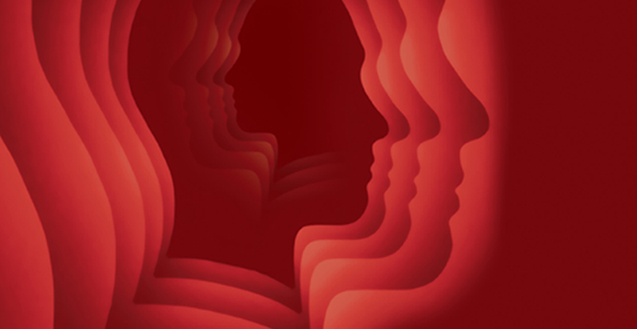
Research in US, Denmark, Hungary and Italy suggests that the ongoing pandemic places many countries at an increased risk of political unrest. The violence that marked some of the 2020 demonstrations was likely a manifestation of the psychological toll the pandemic has had on citizens.

Danish social scientist Michael Bang Petersen illuminates the evolutionary foundations and social processes involved in the spread of outright falsehoods.

People care and act to manage their privacy, but face steep psychological and economic hurdles that make not just desired, but also desirable privacy nearly unattainable. Approaches to privacy management that rely purely on market forces and consumer responsibilization have failed.
- AI, Conference, Education, Educational services, Experientia, Experientia, Health, Healthcare, Italy, Jan-Christoph Zoels, Mobility, Public services, Technology (general), Turin
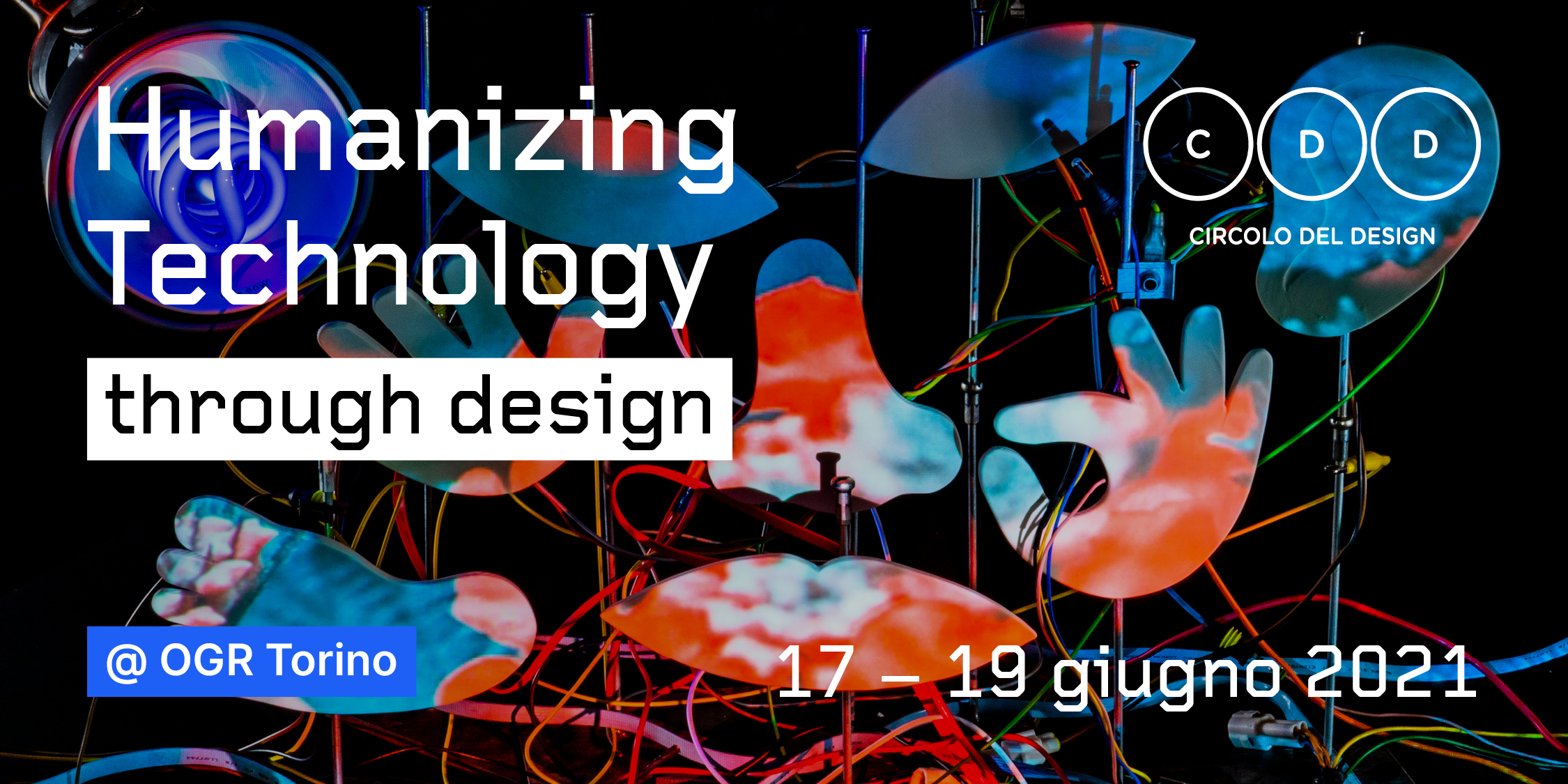
Curated by Experientia partner Jan-Christoph Zoels and Sara Fortunati, director of the Torino Circle of Design, the conference dealt with the best international practices about the humanization of technology. It was structured into six different thematic sessions: ethics, public services, healthcare, AI, mobility and learning. All videos are now available, with English subtitles.

The use of nudge theory to inform policy interventions in response to COVID-19 has re-opened debates over the politically paternalistic nature of governing by ‘nudges’ and has given momentum to calls to include the more participatory elements of co-design into policymaking
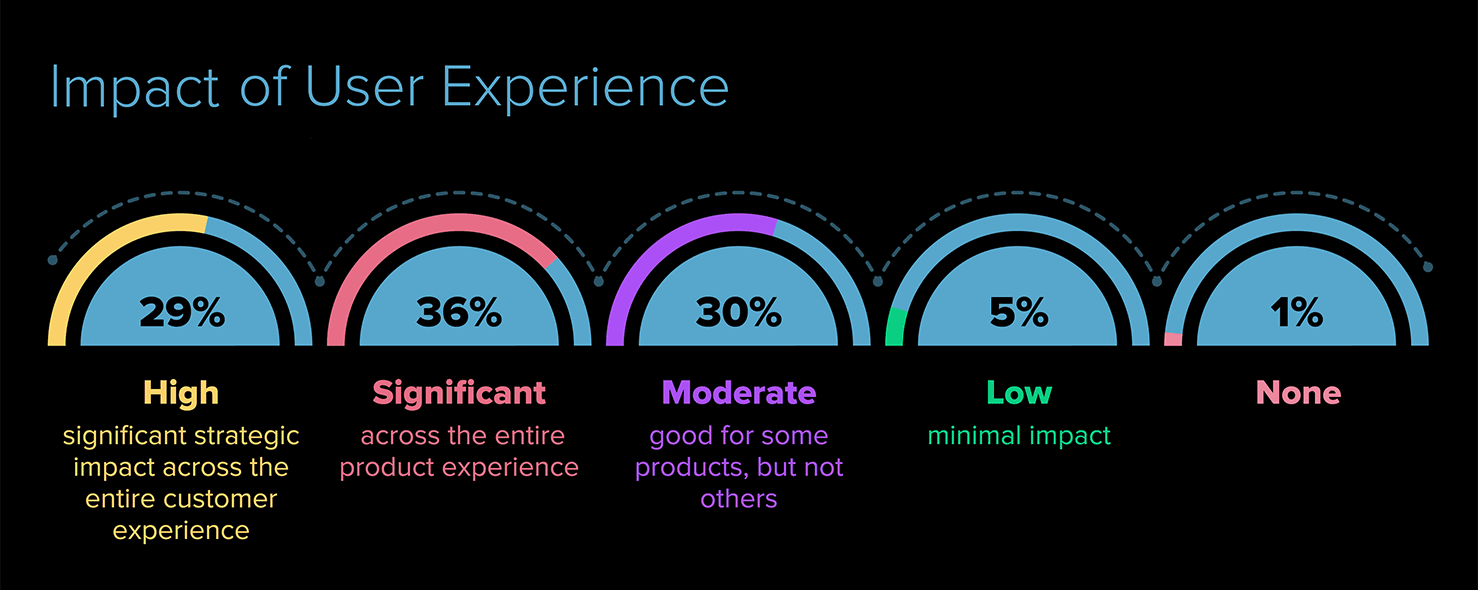
UXmatters and the UX research consultancy User Fountain recently teamed up to survey UX professionals around the world on the role of User Experience within their organization. The Role of UX: 2020 Benchmark Study explores UX roles, tools, methods, and organizational structures, as well as organizations’ various levels of UX maturity.
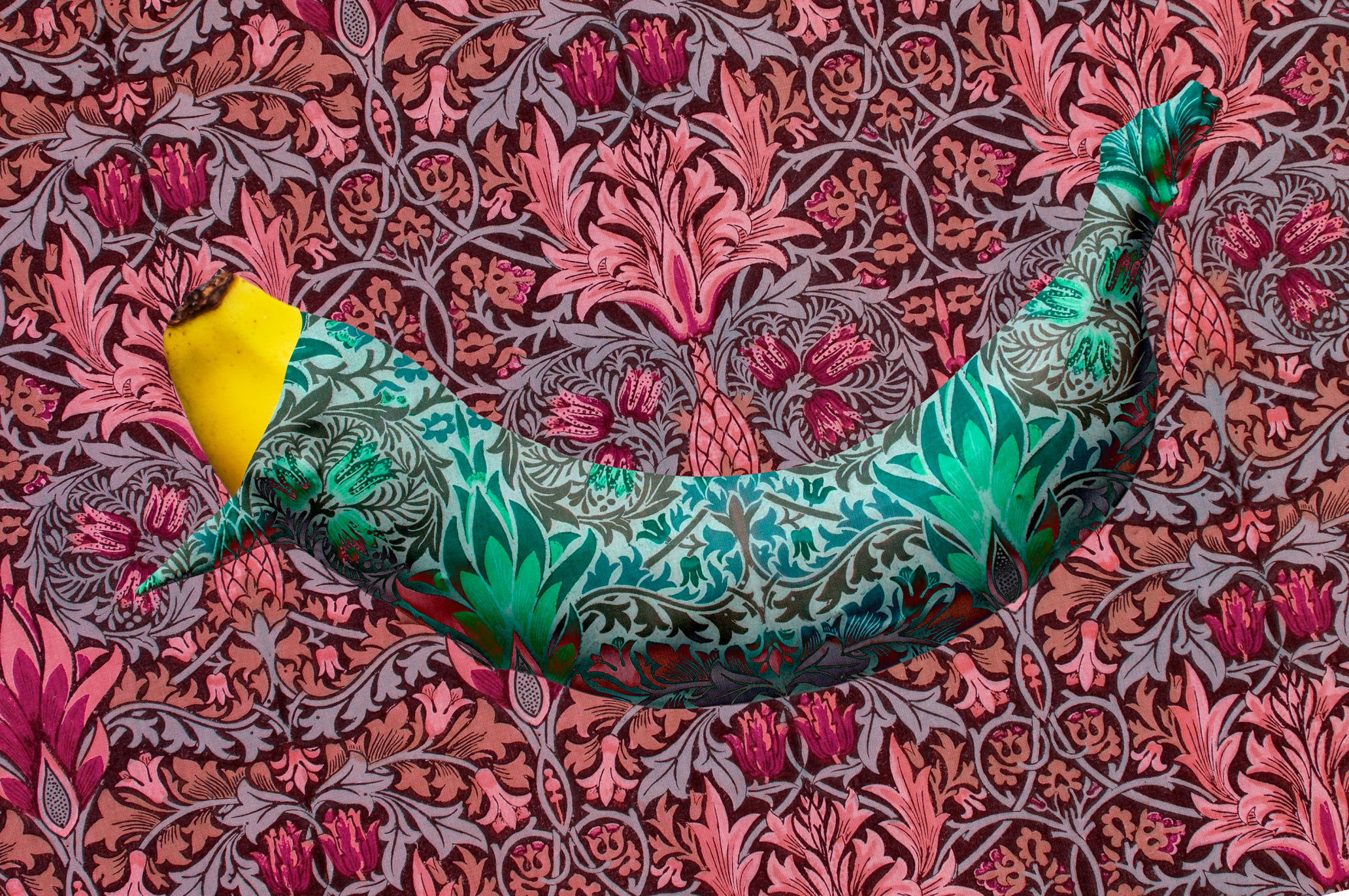
But scientists are getting better at measuring where each system fails.
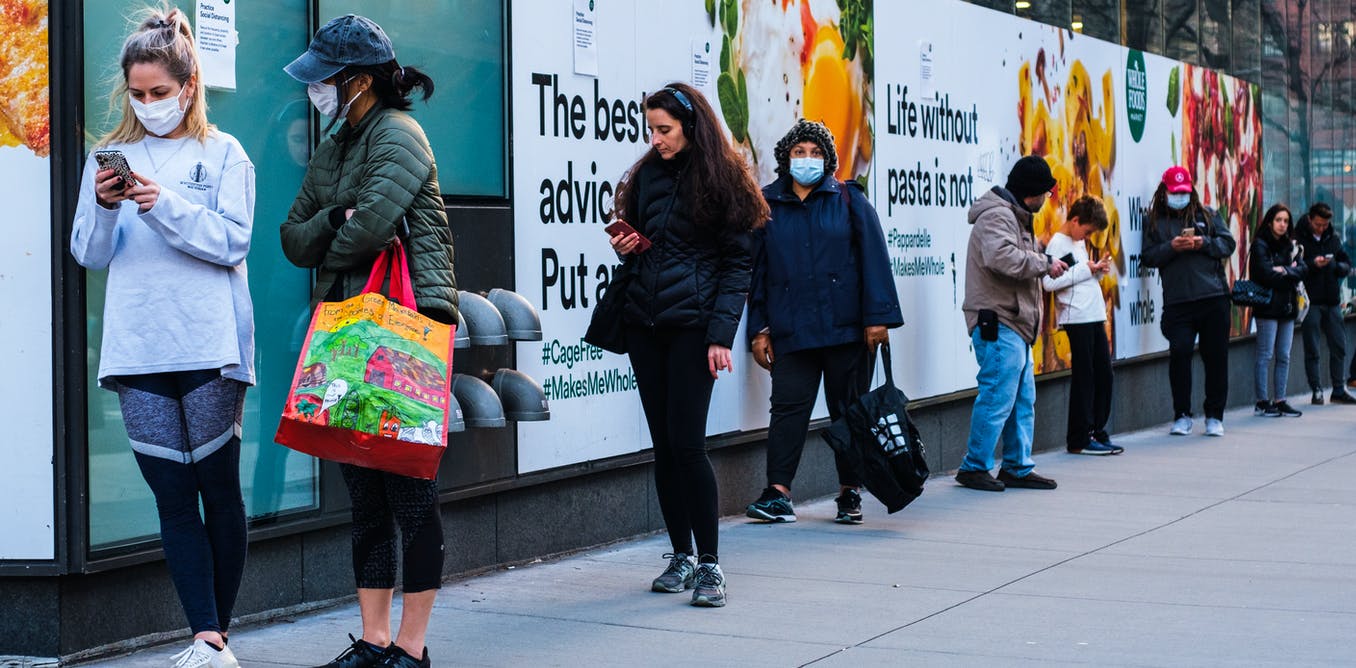
Several Covid-19 policies have shown "just how deeply some governments distrust their citizens. As if the virus was not enough, the public was portrayed as an additional part of the problem". But, asks Prof. Stephen Reicher of the University of St Andrews, "is this an accurate view of human behaviour"?
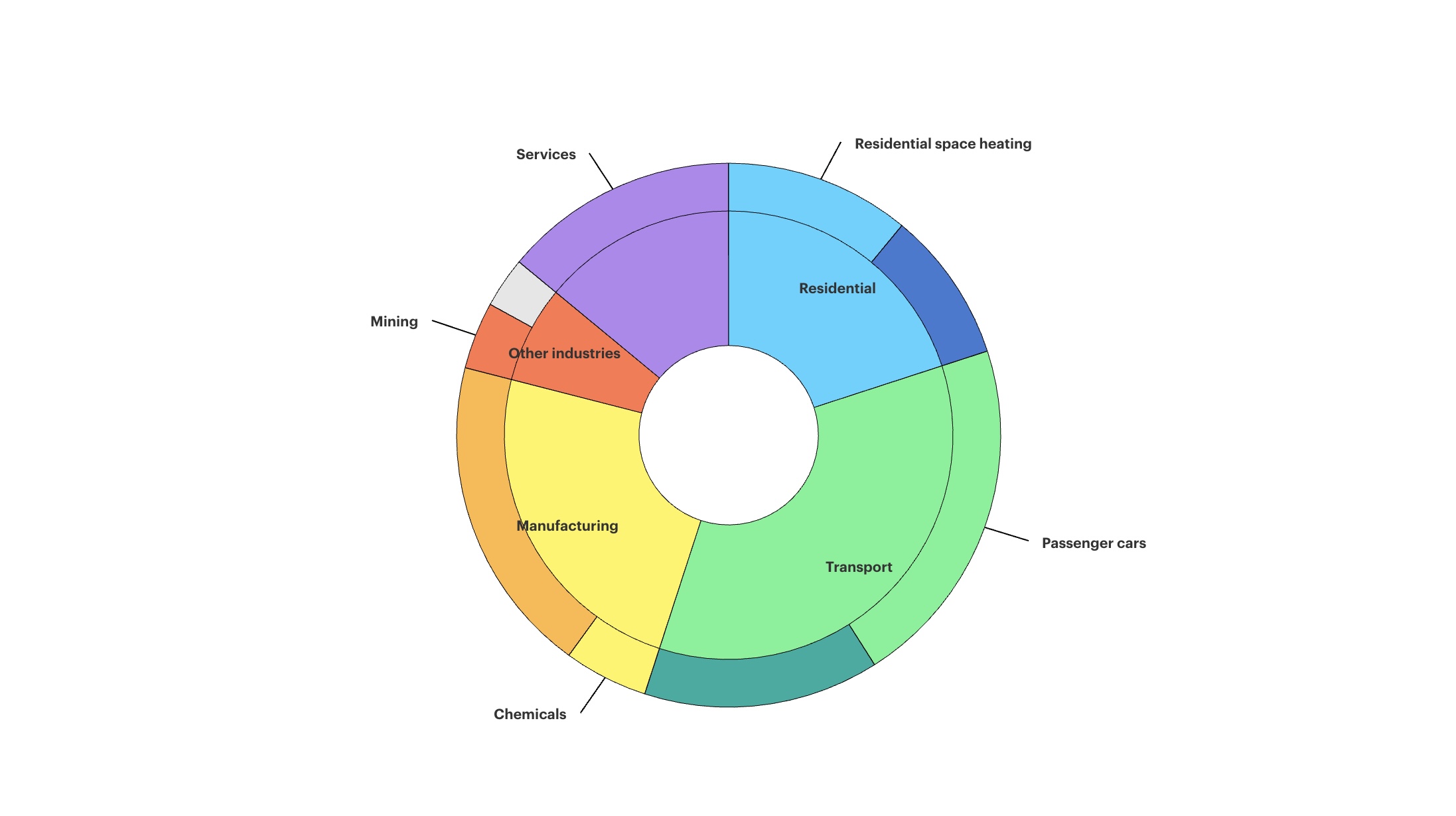
Individuals and households can adopt a variety of measures to optimise their energy consumption, writes Elisabatta Cornago of the International Energy Agency. This article focuses on the potential for enhancing energy efficiency with policies and programmes designed to educate consumers and encourage them to alter their daily habits – without resorting to large-scale structural improvements.
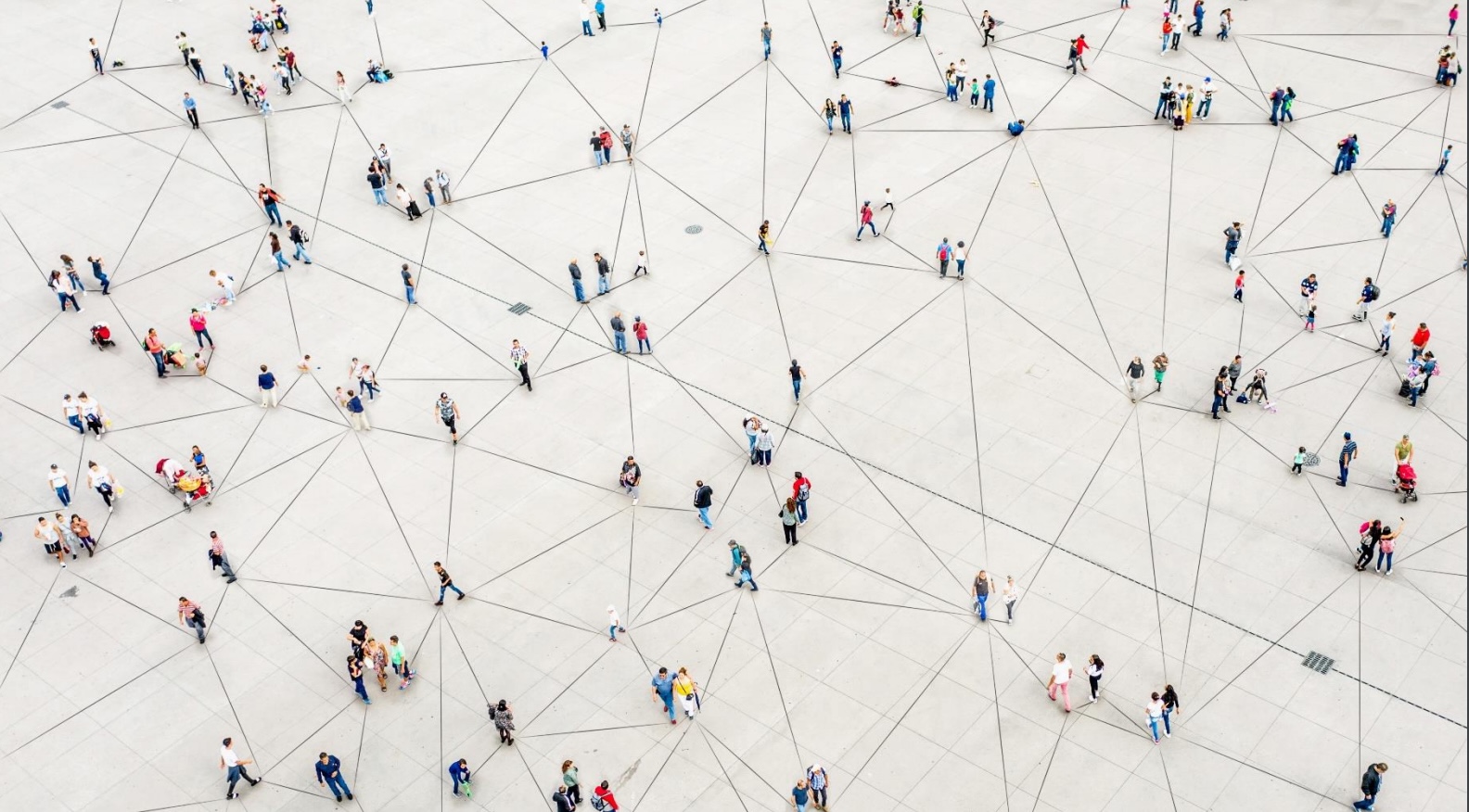
During its first year of activity, the Behavioural Insights Platform of the UsersTCP, with the IEA (International Energy Agency), has developed an environment scan report assessing how behavioural insights have been applied to demand-side energy policy and programmes.

Gillian Tett, anthropologist and chair of the US editorial board of the Financial Times, has published - in the Guardian - her list of 10 books offering insights into how we structure our lives.
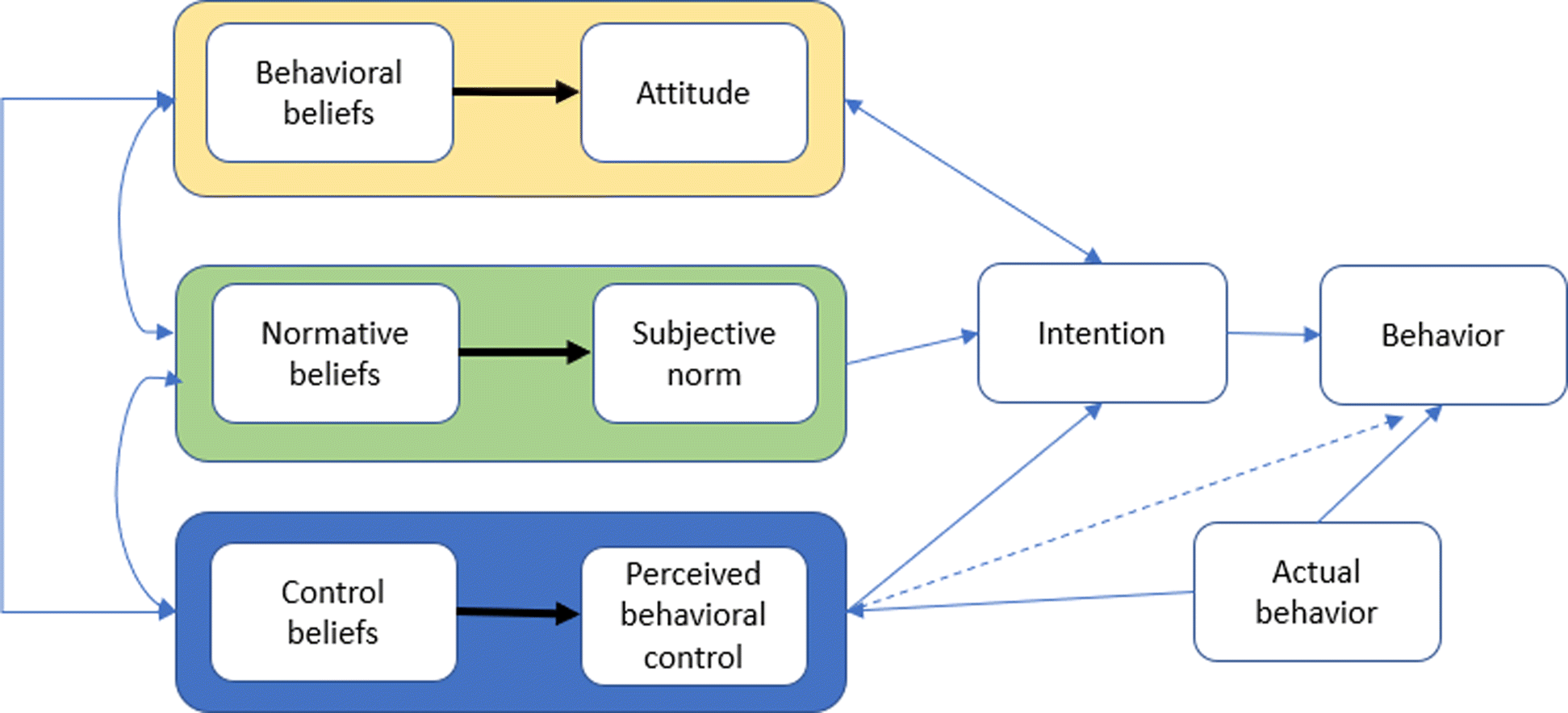
Since the majority of cyber incidents are human enabled, this shift requires expanding research to underexplored areas such as behavioral aspects of cybersecurity. This paper provides a review of relevant theories and principles, and gives insights including an interdisciplinary framework that combines behavioral cybersecurity, human factors, and modeling and simulation.

CyberBitsEtc. is a website and blog by Ganna Pogrebna (Professor of Behavioural Economics and Data Science, Fellow at the Alan Turing Institute) and Boris Taratine (Cyber Security Architect and Visionary) that focuses a lot on the human aspects of cyber security, in particular behavioural design, psychology and behavioural sciences.
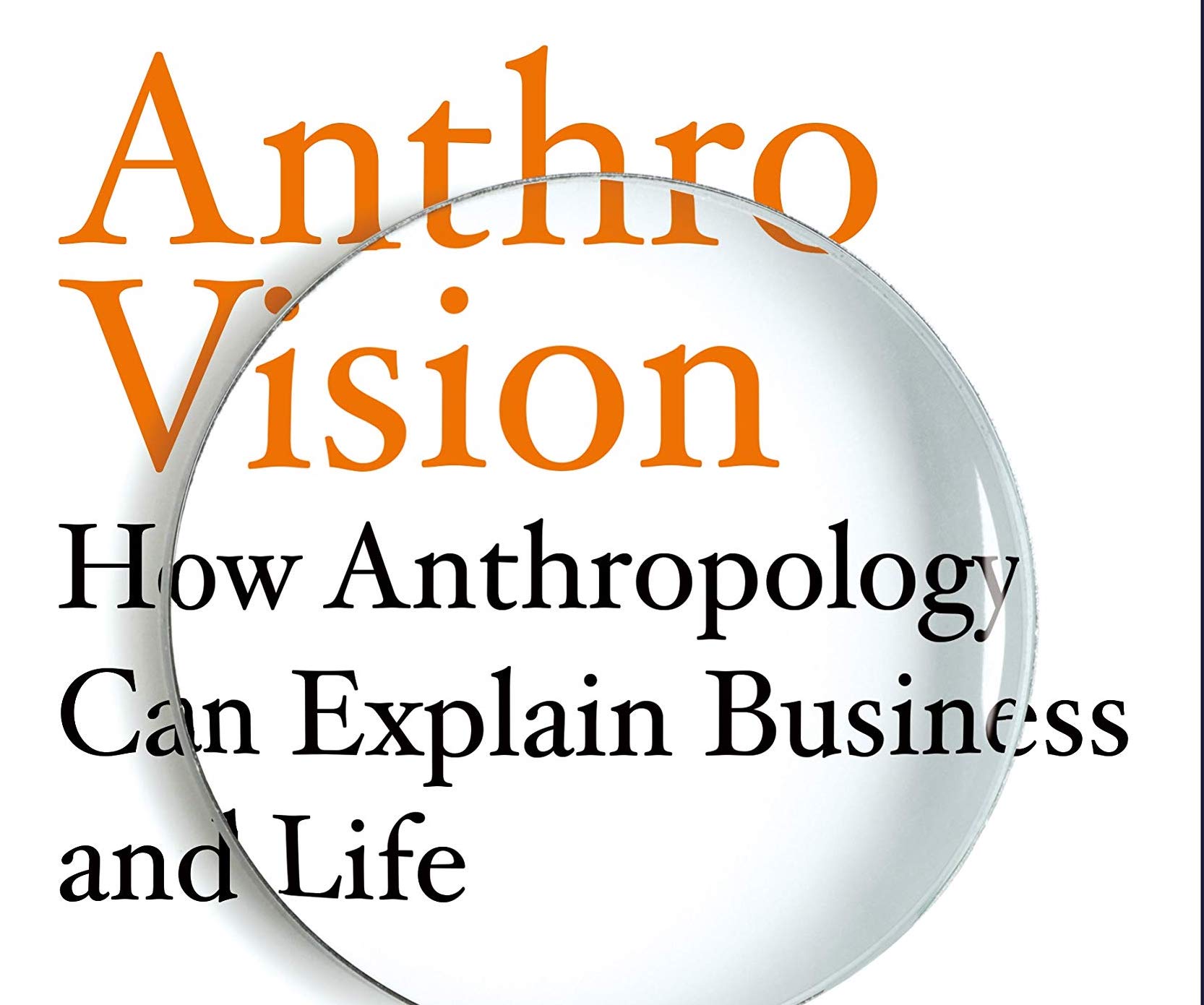
If there’s one simple message for the general reader in her new book Anthro-Vision it is this: the promise and value of anthropology lies in making visible that which is close to hand but ignored. It offers a means to see the world differently.
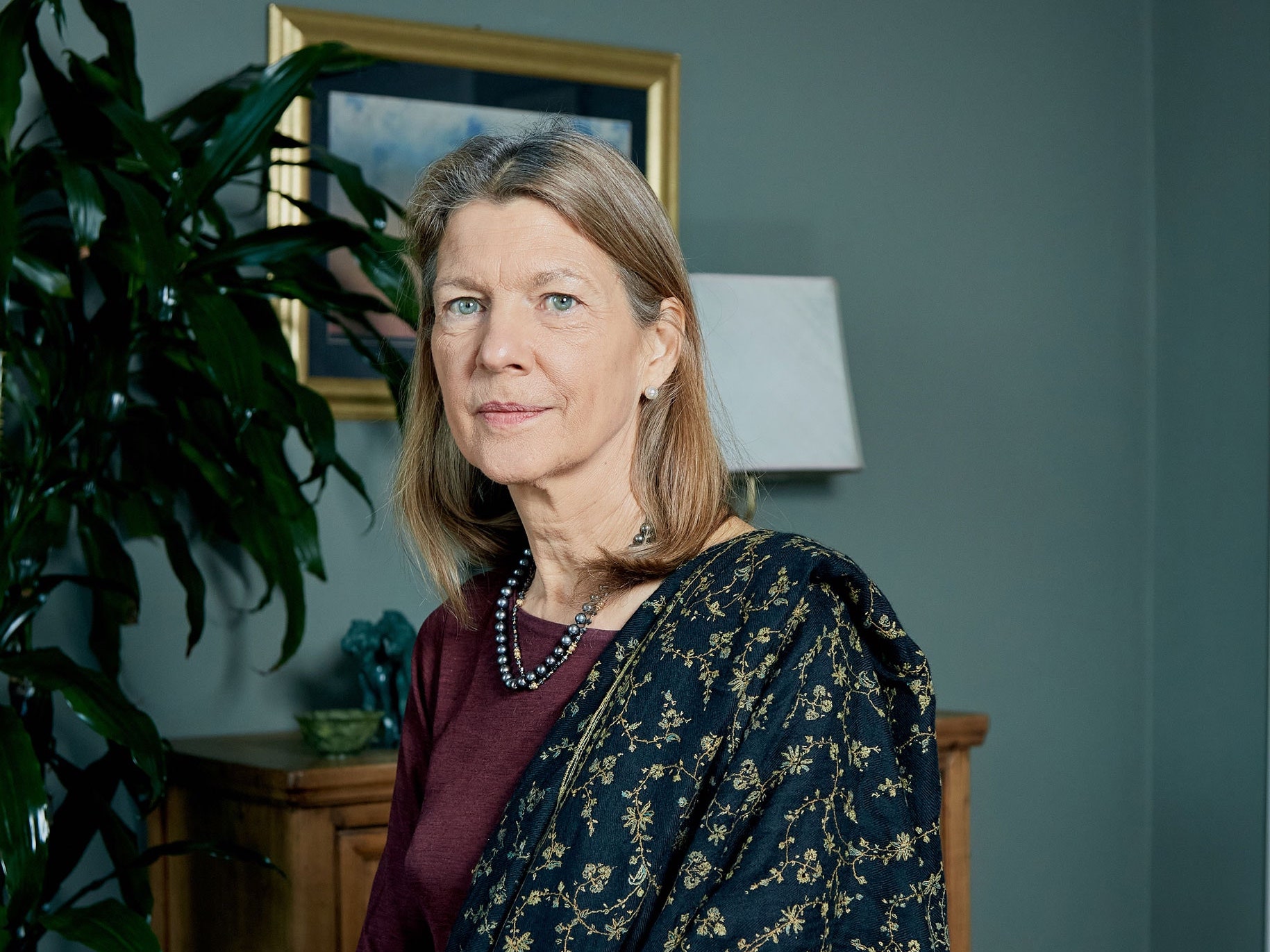
Heidi Larson studies vaccine rumors—how they start, and why some flourish and others wither. Tackling misperceptions individually is like eliminating a single microbial strain: when one germ is gone, another will bloom. Instead, the entire ecosystem must be rehabilitated.
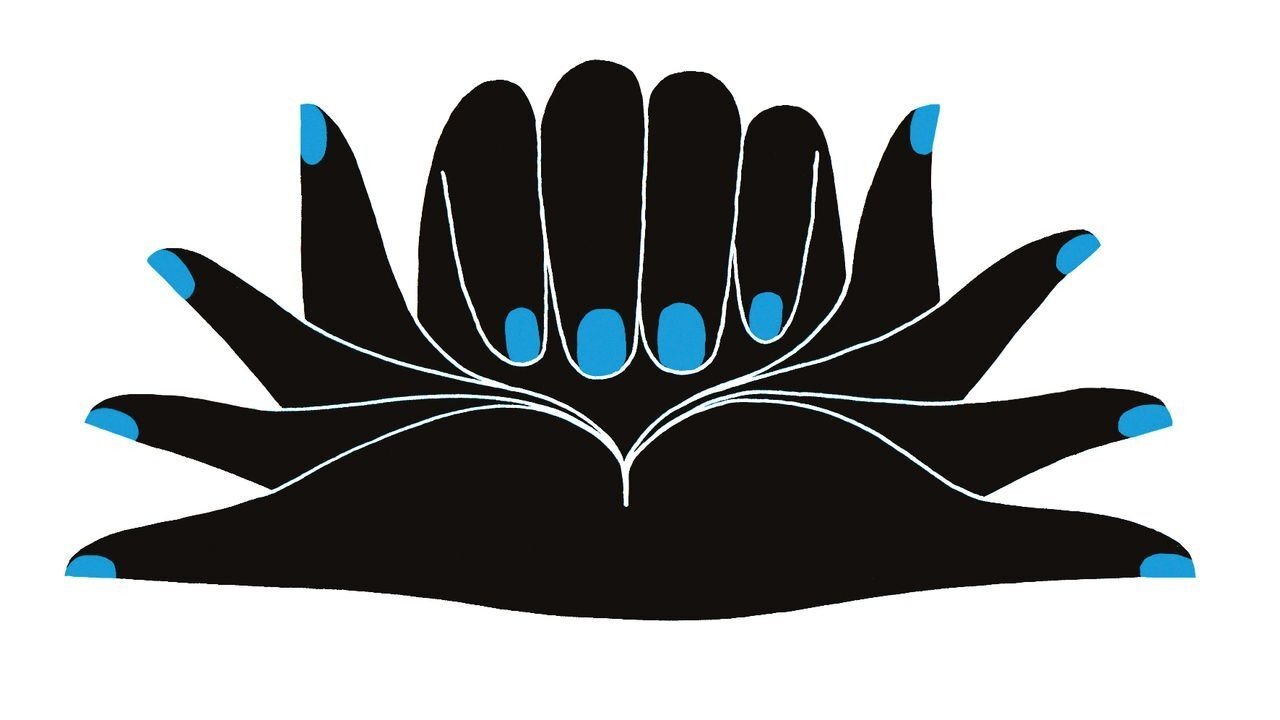
In their new book, Daniel Kahneman, Olivier Sibony and Cass Sunstein offer strategies for improvement | An Economist book review
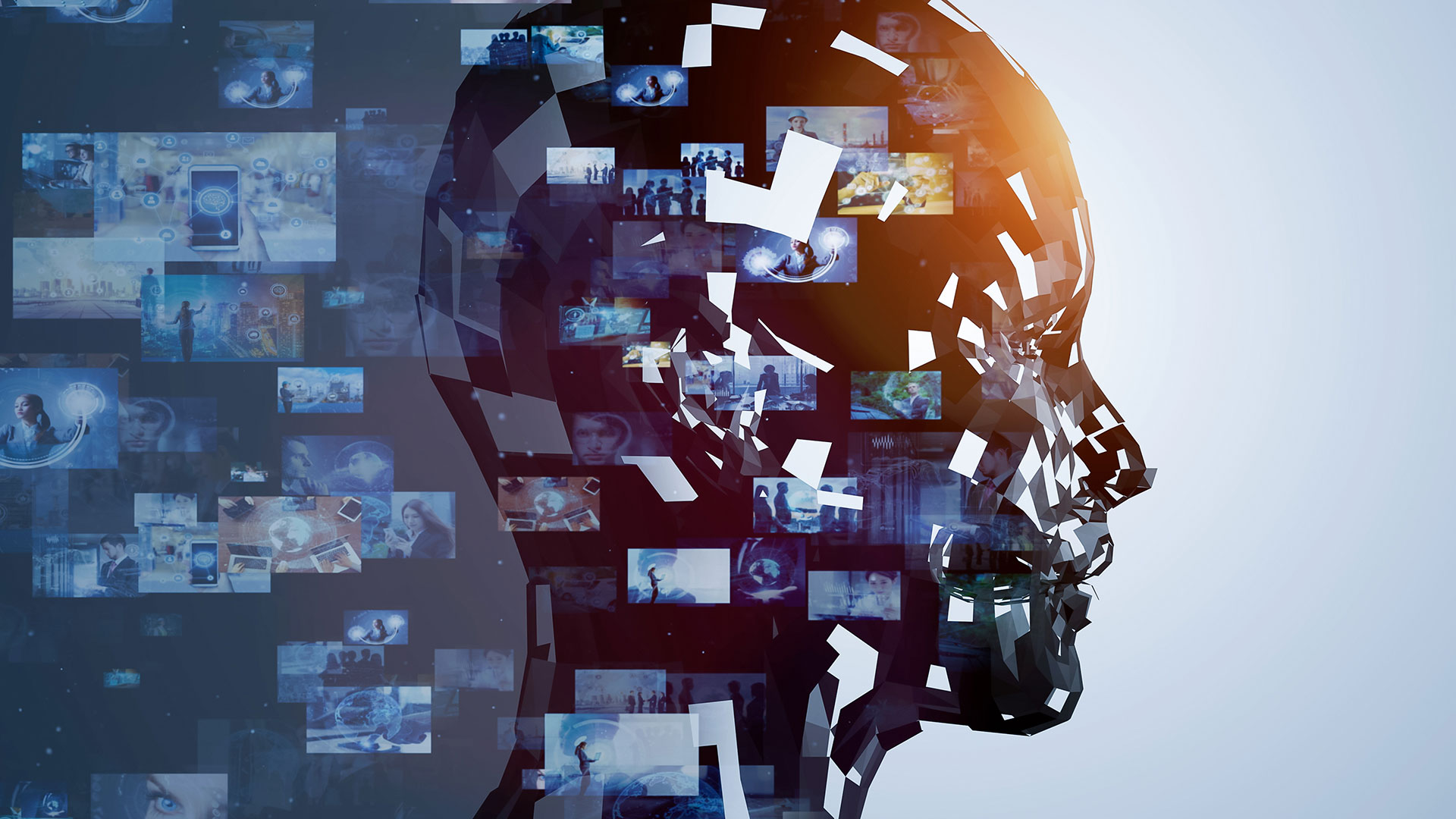
Rather than trying to fix the biases of AI systems and their human error, we need to find ways to coexist with it. Anthropology can help us a lot here.

The great irony is that the revolution that bitcoin set off could be the end of [financial] privacy with the launch of central bank-backed digital coins.
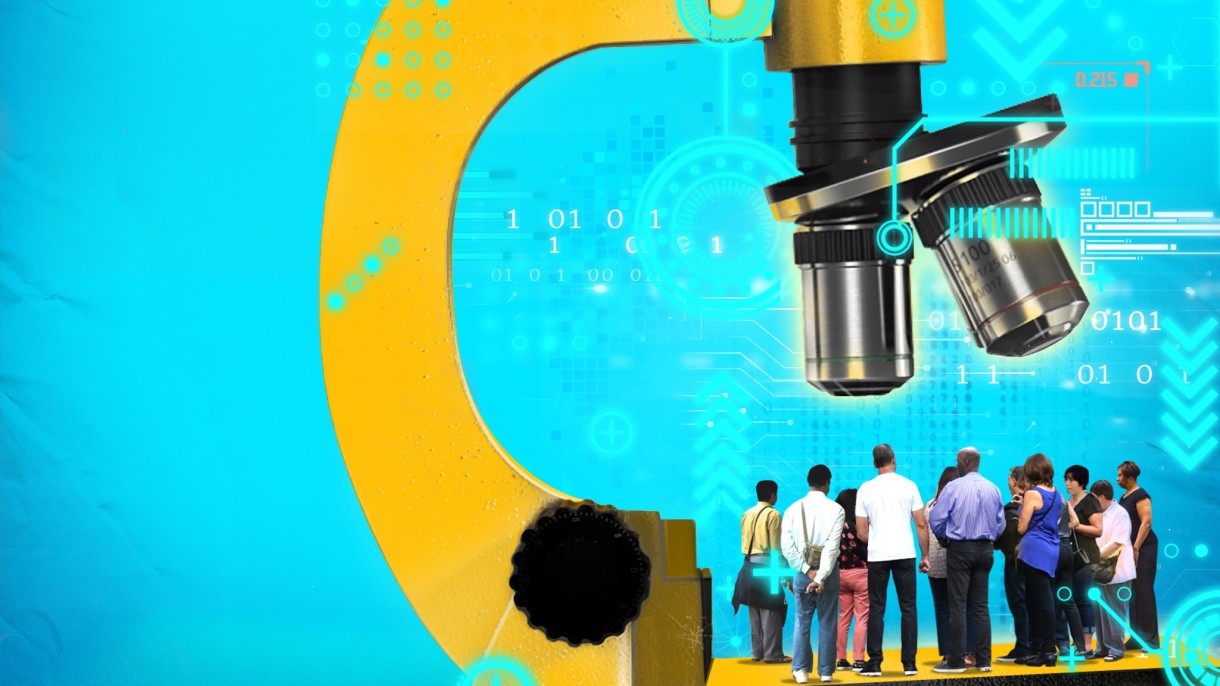
In a world shaped by one AI, artificial intelligence, we need a second AI, too — anthropology intelligence, writes Gillian Tett in the Financial Times.




















